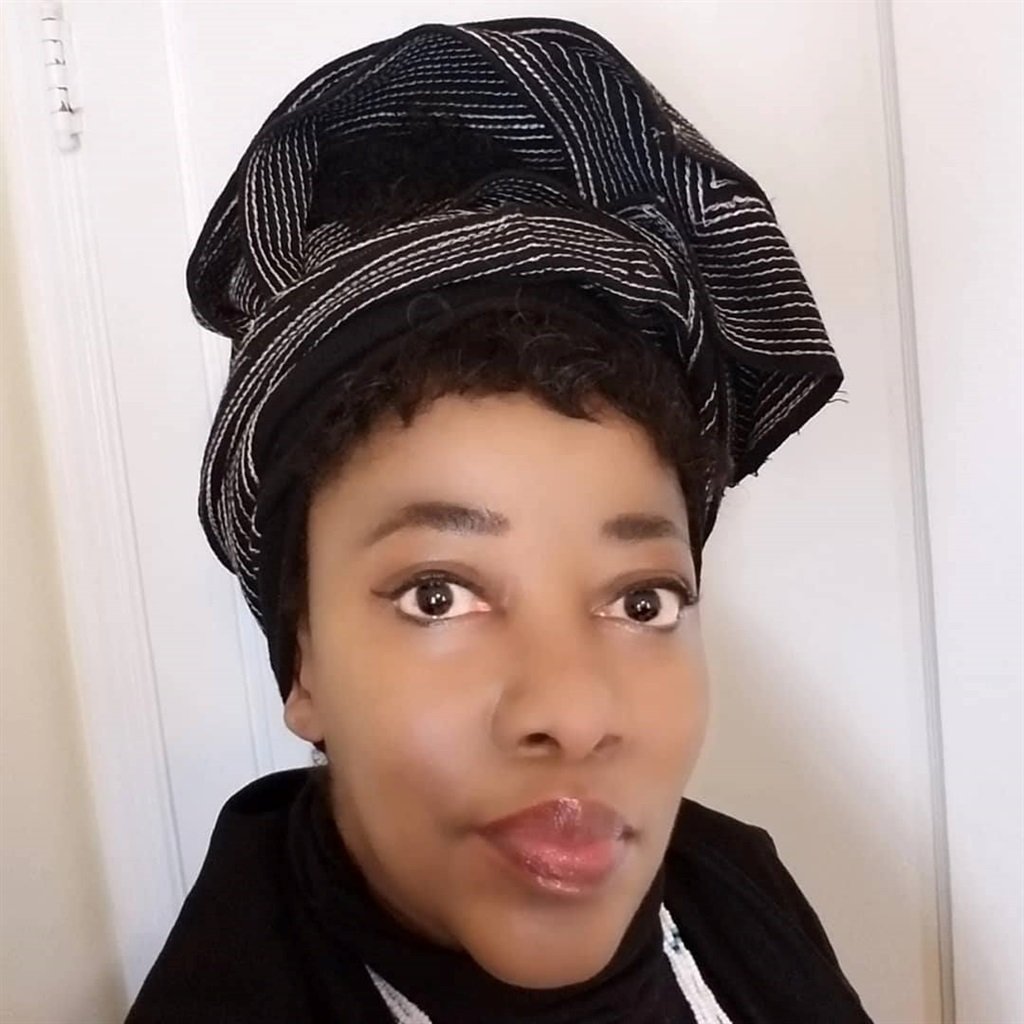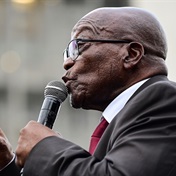
Palesa Letlaka writes an open letter to Khalo Matabane detailing how she was subjected to many forms of sexual harassment by him.
You can read the full story of all the women who have come forward with #MeToo claims of predatory sexual encounters with acclaimed film maker Khalo Matabane here.
“if our underwear drawers could speak, they would bleed (I tell you). pillows would haemmorhage on our behalf. the unfortunate thing about healing is this: it convinces you that the pain is better than a scab.”
- From Growing up Black and Womxn by Kholeka Putuma, Collective Amnesia
Khalo
I have known you for 20-odd years and I can still recall the gangly, sometimes awkward, teenage boy, inkwenkwana, close to a decade younger than me, that I first met in the mid 90s in the early days of our young democracy. All of us were paving our paths as Black film makers, pioneering ways in which we could ‘create ourselves anew’ to paraphrase Chinua Achebe, and finally tell our own stories and those of our people.
It is within this shared history that I have held you in a spiritual place as umninawa, a younger brother of sorts, who I always engaged with fondly, argumentatively and opinionatedly as we film makers do in the many times we were in the same social environments. If I bumped into you we always gave one another time to catch up, share industry gossip, talk about books and films, I would laugh at your long-winded and very funny stories about yourself.
That is until, until… Well, we shall come to that.
Last week I was horrified to come across allegations on social media by young women accusing you of sexual misconduct on your production When We Were Black and, most devastatingly, accusations of you raping a teenager in a hotel in 2010. She claims you put a pillow over her head.
You released a press statement on April 21. You wrote: ‘We live a country where violence against women is a real issue and should be dealt with decisively by all of us who care about human rights. Therefore, I understand why some people, including colleagues and friends, did not bother to ask me if it was true or not and decided to take a side against me, without giving me the benefit of the doubt even though there are no charges laid against me.’
Where do I begin to reconcile our history, you and I, Khalo, with the accusations that are pouring out as more women come forward? There is no benefit of the doubt needed for me.
Do I really need to remind you of the sexual groping and subsequent sexual harassment you subjected me to after you bumped into me sitting alone in the smoking section of the Cinema Nouveau restaurant downstairs in the old Rosebank Mall. It was years ago. You still lived in Killarney. As always we greeted warmly and you joined me to chat as we often did. We stayed until the restaurant closed and when we said our goodbyes you opened your arms wide for a goodbye hug. The Goodbye Hug of Shock and Hell. Where you engulfed me in a tight embrace and rammed your tongue into my mouth, forcefully kissed me and had your hands all over my backside. I was completely stunned, this came from nowhere. I was confused and I was DISGUSTED, Khalo. I managed to push you away and had to pry your unwelcome hands off my body. I admonished you as an older sister and I distinctly remember saying, ‘Sukundi qhela Khalo, ndingu sisi wakho man.’ I used that to diffuse the situation and we parted ways relatively intact and in a friendly manner.
But then after your groping came weeks of late night and sexually explicit texts from you, calls to say I should come for a ‘f---’ at your flat in Killarney. I told you over and over to stop disrespecting me, I kept reminding you that I’m your older sister and you need to knock it off. I asked you please to stop this but it clearly meant nothing to you. I eventually stopped taking your calls or responding to your texts.
I never really saw you much after that time, life went on, and it was never awkward between us when we did meet, because ndaquma ihlazo lakho, I covered your shame.
But today I am angry because instead of me telling you to ‘f---’ off, and using all the curse words with qs in the isiXhosa language to tell you to voetsek out of my life, I mediated your offensive actions with an older-sister temperament. I swept things under the carpet. Perhaps I also did it to protect myself from having to properly process this predatory abuse from umninawa. I deeply regret this now because I see clearly how I helped normalise your repulsive behaviour towards women.
I never felt safe around you again and I vowed to myself to never be alone with you.
My last contact with you was on Instagram in December 2017 where you were crowdfunding for your next film and I said I’d contribute and you requested my email and sent me the details.
But let us return to your press release where you paint yourself as a victim and accuse one of your accusers of ‘using gender violence to seek to destroy my life’. Are you kidding me? Ndincamile, I give up. There are no charges laid against you, you conclude. In order for women to be believed they must go to the police? They must risk subjecting themselves to further humiliation, ridicule and sometimes an outright refusal to assist?
I know that social media is not an ideal platform. It is hard for you. It’s even harder for the women speaking up. It could limit their future work, ruin their careers in an industry run by men such as yourself. They have everything to lose.
You say you are committed to ‘gender equity’ but the growing number of women who refuse to be silent have exposed a toxic pattern of behaviour that has been your modus operandi for a long time now, Khalo, almost as long as I have known you.
And then there are the men in the industry and their textured, throttling, complicit silence towards men like you who are accused. We can’t have a kangaroo court, they proclaim on Facebook. To the few men I know of from the industry that have publicly expressed that they believe the women, I salute them for breaking ranks with the boys’ club that perpetuates, every day and on every set, a toxic patriarchal culture where women are unsafe and unheard.
If we are to keep building South Africa anew there can be no silences.
Palesa
* Letlaka is an award-winning film maker and a pioneering black woman director of South African commercials and fiction films. She holds an MA in history with a dissertation focus on transitional justice and gender. She is currently based in the US and working on a South African legacy project for release in 2019 that combines her passions of film making, history and advocacy




 Publications
Publications
 Partners
Partners








